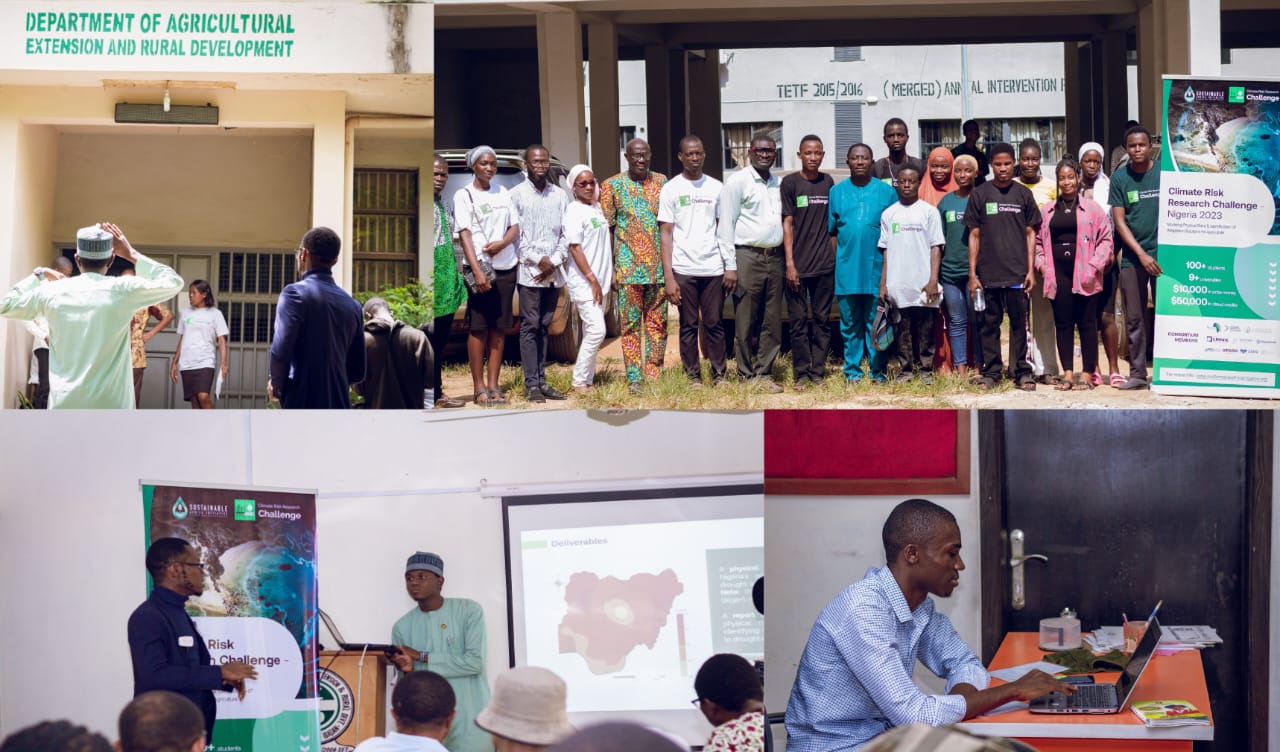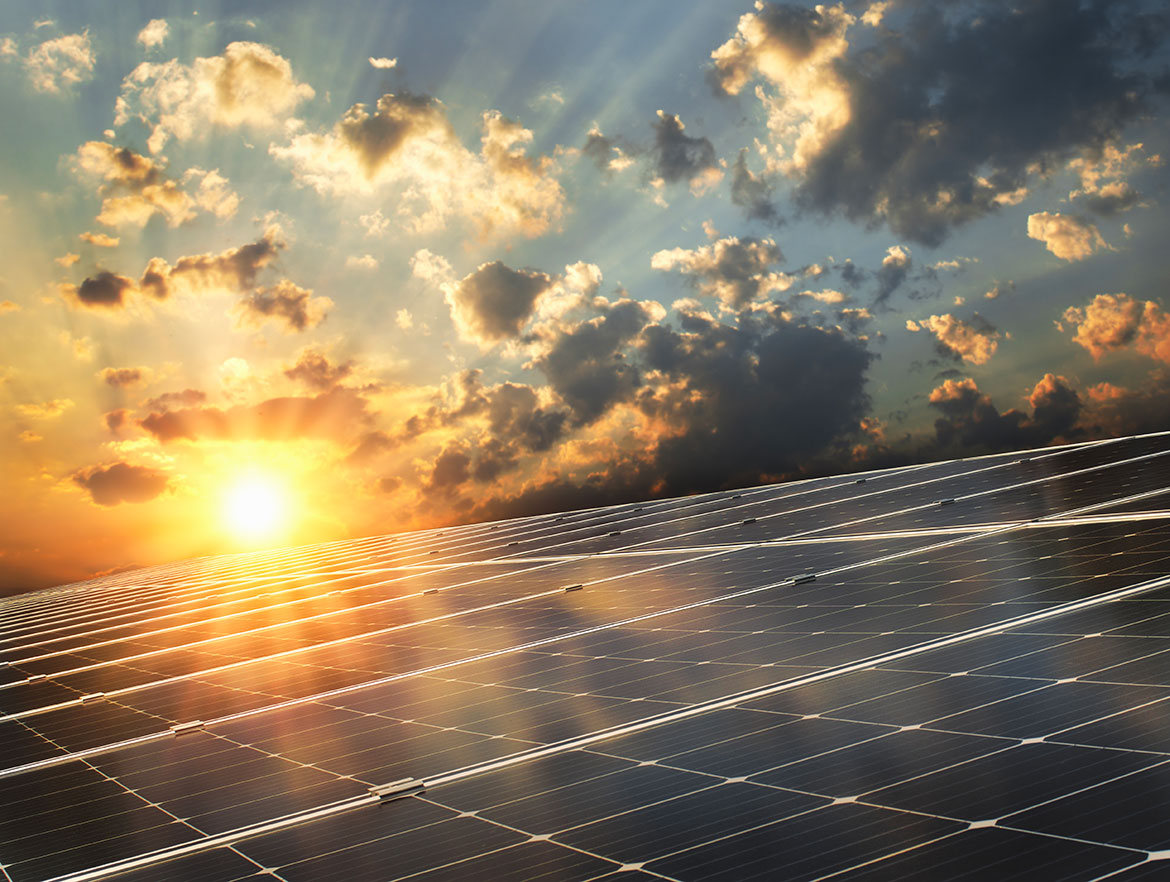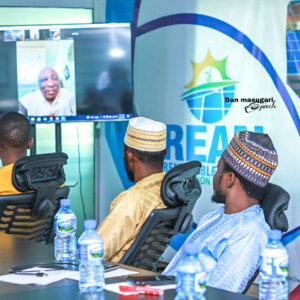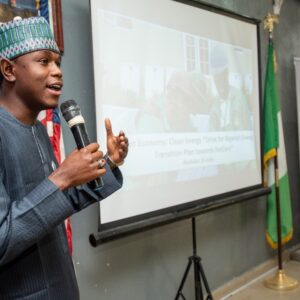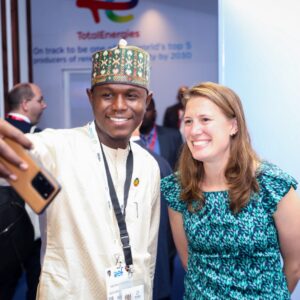The Sustainable Africa Initiative is helping African nations identify and measure the physical and transition risks associated with climate change and developing and implementing sustainable climate adaptation and resilience strategies within Africa’s agriculture sector.
The core objective of the Sustainable Africa Initiative (SAI) is to equip Africa’s agriculture sector with the data, tools, and knowledge essential for developing and executing science-based strategies to mitigate and adapt to the physical and transition risks from climate change. These mitigation and adaptation strategies aim to bolster crop resilience, elevate agricultural output, improve food security, and notably diminish the number of individuals (currently over 230 million) in Africa afflicted by persistent hunger, as well as those suffering from malnutrition, and starvation. To develop and disseminate sustainable agriculture strategies across Africa demands global cooperation.
Led by the Climate Risk Research Foundation in cooperation with the Tony Elumelu Foundation, the Sustainable Africa Initiative is supported by Amazon Web Services (AWS) Green Energy Mission Africa, Sustainable Solutions for Green Growth, Generation Humanity, and a multitude of corporations, non-profit organizations, academic institutions, and countless others wanting to have a positive impact on Africa. Contact us if you are willing to help.
Solar energy information before you install.
“It’s important you choose a certified installation company because they will be able to advise you on all regulations.” It’s best to talk to a few installers and get their estimates. Most of them will give you an idea of costs over the phone before arranging a survey on your home.
Ask them how long the work will take as well as what the warranty and/or guarantee for their work is. If any guarantees are insurance-backed this will help you avoid any surprises later.
Solar energy battery storage electric and more.
Given that solar panels can only produce power when the sun is shining, storing produced but unused energy throughout the day for use at a later time has become increasingly important. For instance, solar batteries store electricity and can be drawn on during periods of low solar production. Electric vehicles are a second product poised to ride the wave of solar energy adoption. With lower maintenance costs, lower fuel costs, and a lower environmental footprint than traditional internal combustion engine vehicles.
“Solar panels don’t create any noise pollution while generating electricity. This means that installations aren’t intrusive.” Neil Borton
When it comes to installing solar panels and switching to a more eco-friendly energy source, there’s not a one-size-fits-all approach. There are several factors worth considering to help determine if your home or business is a good candidate for solar.
“If you have solar panels, you can use battery storage technology and save the excess for later.” Our battery storage solution, Power vault 3, allows you to do just that. Now that you know the basics about solar energy, you can marvel at how today’s photovoltaic technology can capture the vast power of the sun to operate a home. It may not be rocket science—but it definitely is human ingenuity at its best.


